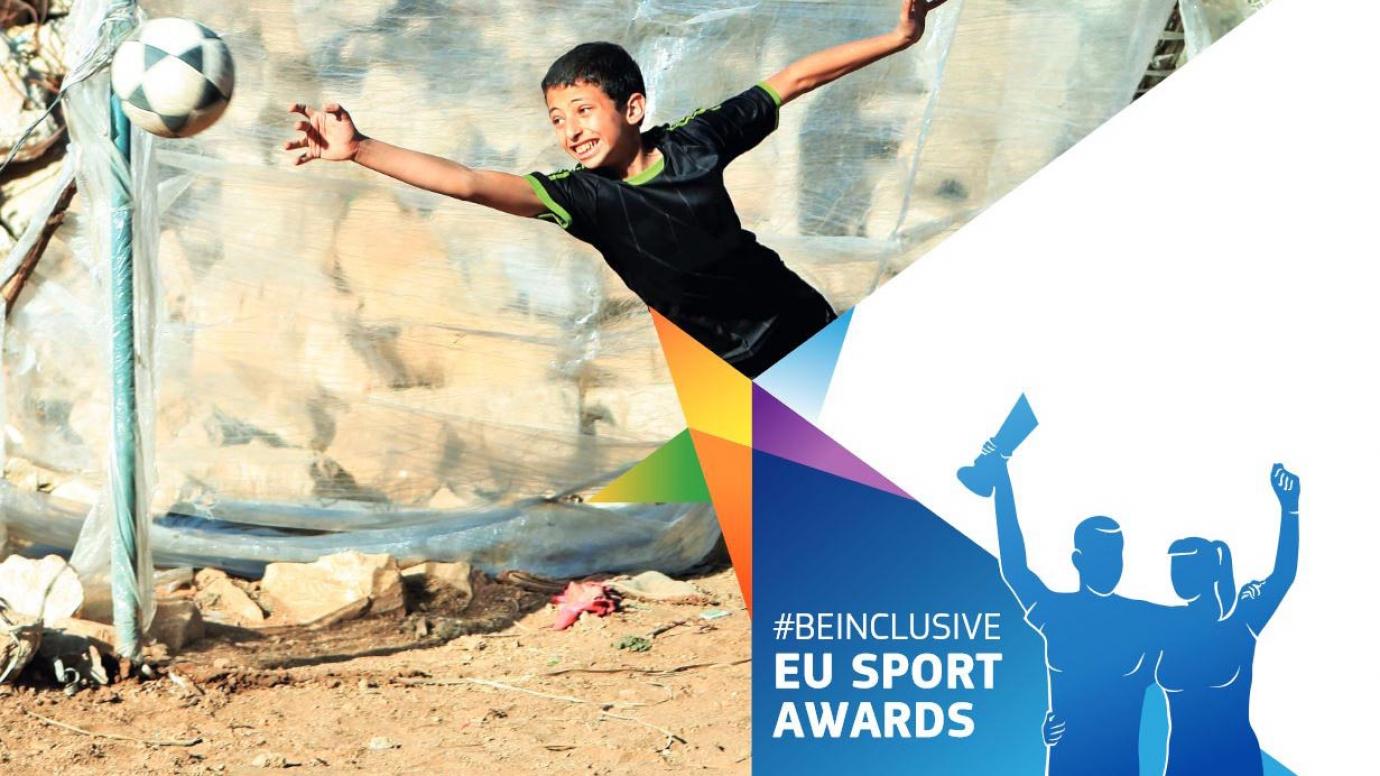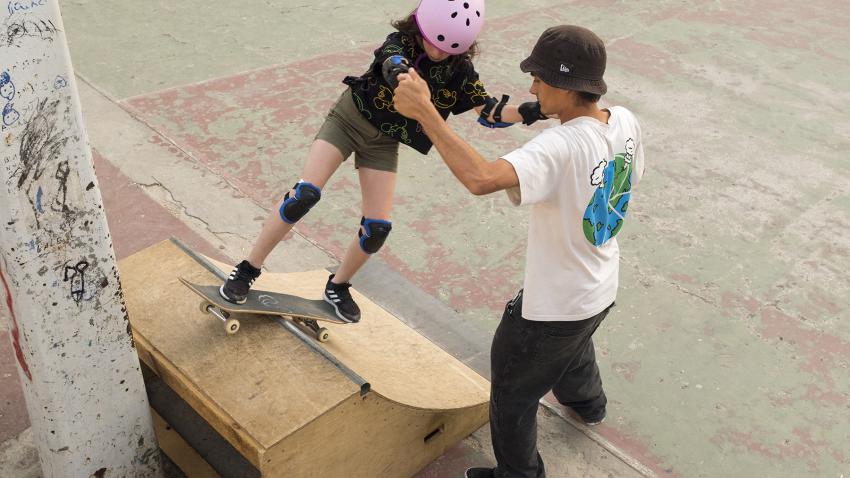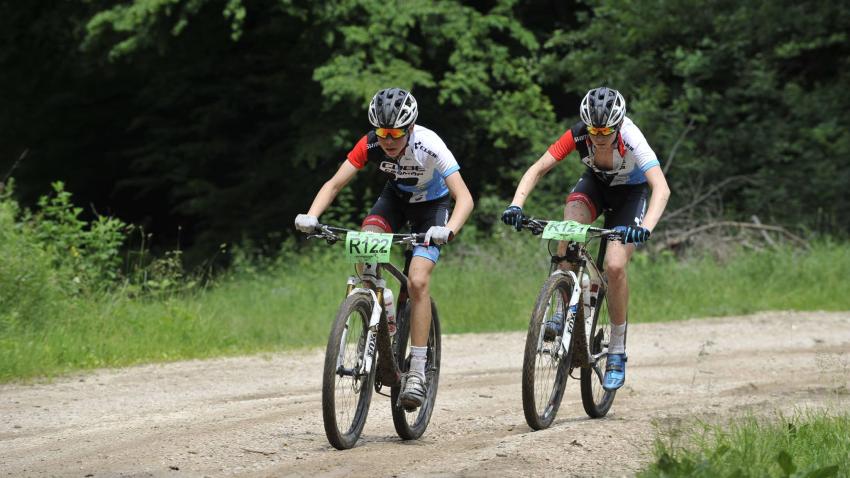Meet the 2022 #BeInclusive EU Sport Awards Finalists – Breaking Barriers
There are three finalists in the ‘Breaking Barriers’ category of the annual EU Sport Awards. The work of these finalists demonstrate best practices in overcoming obstacles which prevent people from taking part in sport.

The chosen finalists use sport as a main tool to empower disadvantaged individuals and help them take part in physical activities, regardless of their personal health or where they live.
The finalists
CST is an integrated healthcare organisation that provides several healthcare services in the Autonomous community of Catalonia (Spain).
One of its 18 centres, the Adult Mental Health Centre (Centre de Salut Mental d'Adults – CSMA) provides integrative healthcare services, combining mental healthcare with social support and inclusion through sport. It also has a patient focused approach to prioritising health promotion and disease prevention.
Six years ago, CSMA staff heard from their patients that they wanted to practice indoor football (futsal). Working with various city actors, the centre developed a sports programme and the necessary infrastructure to do so.
Since then, patients, their families, healthcare professionals and other members of the community have come together through futsal. The process has enhanced patients’ rehabilitation and promoted a model of social recovery through sport.
CSMA’s award is recognition of its unique approach to community care that prioritises patients’ recovery, social inclusion and empowerment, based on evidence, good practices and ethics.
In the future, CSMA will keep developing sport activities offered by the centre and welcome more in- and out-patients.
Video by Consorci Sanitari de Terrassa presenting their Futsal project
Free Movement Skateboarding (FMS) supports the wellbeing, empowerment, and social cohesion of youth through skateboarding in Athens, Greece.
A small group of friends founded the organisation in 2017 with the belief that skateboarding could benefit disadvantaged groups. They were inspired by the work of a community skateboarding project in Palestine (SkatePal).
The leaders, Will Ascott and Ruby Mateja, adapted SkatePal’s ideas to the Athenian scene and created a mobile skate park to reach underserved communities.
The initial focus on refugees quickly extended to include all Athenian youth from disadvantaged regions. By offering free equipment, guidance, youth work discussions, and an inclusive, welcoming, and safe environment, FMS skateboarding sessions go beyond learning to skate and strive to promote three core values among participants: well-being, empowerment, and social cohesion, regardless of nationality.
So far, the organisation has held over 800 sessions for almost 2,500 participants from 59 different backgrounds. To match growth, it will also open a youth centre in 2023 with creative workshops, homework help and other activities for more young Athenians.
FMS positions itself as a long-term source of inspiration to young people in Athens who will be healthy and active citizens and bring about positive changes for their city.
The Villages on the Move Go project (VOMGO) aims to give visibility and support to “fire souls”, local sport activists and passionate volunteers. They are a great engine for community development, creating opportunities for inclusion through sport activities in rural areas.
The project was developed by the Youth Research and Development Centre Juvenia, a leading research, development and innovation unit in the South-Eastern Finland University of Applied Sciences (XAMK). Juvenia has implemented nearly 100 projects focused on strengthening young people’s inclusion, citizenship and sense of community.
The VOMGO project came out of Juvenia’s research which found that rural grassroot sport clubs are highly dependent on individual sport promoters. To respond to this need, the project aims to increase the resilience of small sport clubs in rural areas and help their “fire souls” to overcome barriers to set up sport activities.
The project collected success stories, set up a network, and developed handbooks, a map application and other tools. Together these bring continuity to rural sports clubs in Finland and beyond, especially in remote places.
For the future, Juvenia is committed to finding ways to get more young people in rural areas active, mainly by developing more digital support tools.
Last updated:




